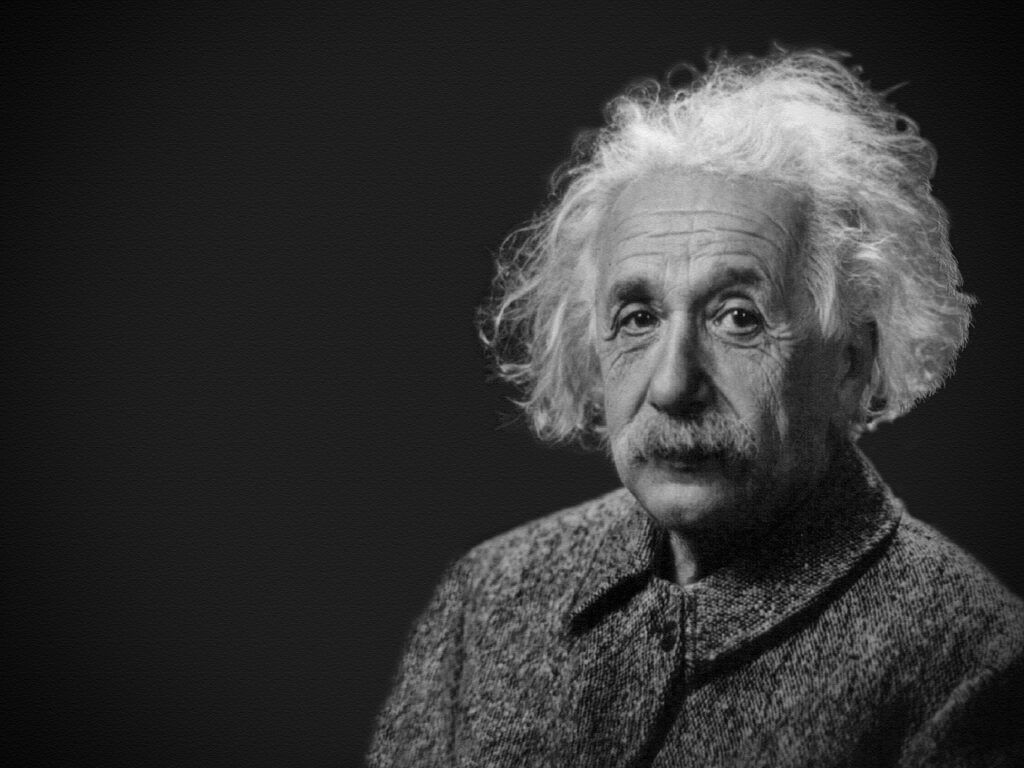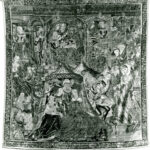Albert Einstein was a renowned theoretical physicist who made groundbreaking contributions to the field of physics and is widely regarded as one of the greatest scientists in history. He was born on March 14, 1879, in Ulm, in the Kingdom of Württemberg in the German Empire. Einstein’s parents were Hermann Einstein and Pauline Koch, and he had one younger sister named Maja.
During his childhood, Einstein displayed exceptional curiosity and intellectual ability. He was deeply fascinated by mathematics and physics, often engaging in self-study and conducting thought experiments. However, he struggled with the rigid and authoritarian educational system in Germany, leading him to clash with his teachers.
In 1895, Einstein applied to the Swiss Federal Polytechnic in Zurich and was admitted to the mathematics and physics teaching diploma program. Despite facing financial difficulties and personal challenges, he excelled in his studies and graduated in 1900. However, he had difficulty finding employment as a university professor and eventually secured a job as a patent examiner at the Swiss Patent Office in Bern, Switzerland.
While working at the patent office, Einstein continued his scientific pursuits and published several influential papers that revolutionized physics. In 1905, often referred to as his “miracle year,” he published four groundbreaking papers. These papers laid the foundation for modern physics and introduced revolutionary concepts such as the theory of relativity, the photoelectric effect, and the famous equation E=mc².
Einstein’s theory of relativity, especially his special theory of relativity, transformed our understanding of space, time, and motion. It challenged the Newtonian principles that had governed physics for centuries and introduced the concept of the speed of light as an absolute limit. His theory of general relativity, published in 1915, further expanded on these ideas and provided a new understanding of gravity, explaining it as the curvature of spacetime caused by massive objects.
Einstein’s scientific achievements brought him international recognition and acclaim. He became a professor at the University of Zurich in 1909, and later held positions at the Charles University of Prague, the Swiss Federal Institute of Technology, and the Berlin Academy of Sciences. His work on theoretical physics and his advocacy for pacifism and social justice made him a prominent figure in both the scientific and public spheres.
As the rise of Nazism threatened the safety of Jewish people in Germany, Einstein, who was of Jewish heritage, left the country in 1933 and accepted a position at the Institute for Advanced Study in Princeton, New Jersey. He became a United States citizen in 1940 and spent the remainder of his life there, continuing his research and teaching at Princeton University.
Einstein’s contributions to science extended beyond his groundbreaking theories of relativity. He made significant contributions to the development of quantum theory, explaining the phenomenon of the photoelectric effect, which earned him the Nobel Prize in Physics in 1921. He also played a crucial role in the Manhattan Project during World War II, advising the United States government on nuclear energy and the potential development of atomic weapons.
Apart from his scientific pursuits, Einstein was an outspoken advocate for peace, civil rights, and humanitarian causes. He used his platform and influence to promote nuclear disarmament and actively spoke out against racism and discrimination. His famous equation, E=mc², became synonymous with the potential destructive power of nuclear weapons and the importance of using science responsibly for the betterment of humanity.
Albert Einstein passed away on April 18, 1955, at the age of 76 in Princeton, New Jersey. His legacy as a scientific genius and a symbol of intellectual curiosity and humanitarian values continues to inspire generations of scientists and individuals around the world.
Sources :
Albert Einstein | Biography, Education, Discoveries, & Facts | Britannica
Albert Einstein – Facts – NobelPrize.org







